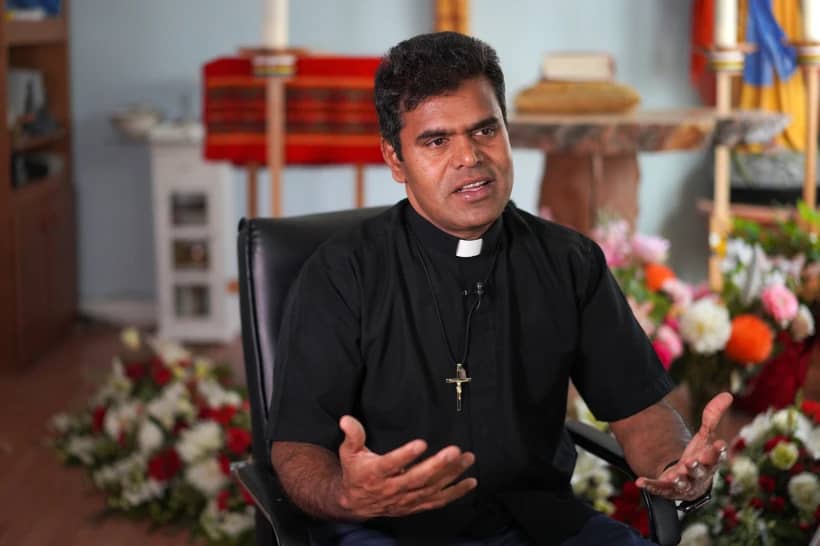LITTLE ROCK, Arkansas — The Arkansas Senate on Wednesday approved a measure allowing medical providers to refuse to treat someone because of their religious or moral beliefs, a move critics say will allow them to turn LGBTQ patients away.
The majority-Republican Senate voted 27-6 in favor of the measure, which says health care workers and institutions have the right to not participate in non-emergency treatments that violate their conscience. The proposal now heads to the House.
Supporters of the bill said it would protect health care workers from being forced to perform something that goes against their conscience.
“This bill is about elective things, things you can take time to find a provider who’s willing to offer the service rather than a force a provider who doesn’t believe in doing it,” said Republican Sen. Kim Hammer, who sponsored the measure.
Similar legislation was filed in Arkansas in 2017 and 2019, but neither bill made it out of committee. Opponents said it would give wide berth to medical providers to use religious, moral or philosophical beliefs to deny care to lesbian, gay, bisexual and transgender patients.
“(The bill) is a blatantly discriminatory attempt to strip LGBTQ people of basic rights,” Eric Reece, the Arkansas state manager for the Human Rights Campaign, said in a statement. “Health care should be available to all who need it, not withheld by providers because of hate and fear.”
Reece said the bill could be used to allow pharmacists to deny fertility drugs to lesbians or for a doctor to deny hormone treatment for a transgender person needing inpatient care for an infection.
One opponent said it’s written so broadly that it could even allow someone to be denied service because of their political affiliation.
“The country is as divided as it’s been in my lifetime … The way that this bill is written, I see it going into the doctor’s office,” said Democratic Sen. Clarke Tucker, who voted against the measure.
Gov. Asa Hutchinson, a Republican who opposed a similar health care objections bill that was rejected by a House committee in 2017, stopped short of saying whether he would support the latest version.
“I will review this bill as it is considered by the legislature, but I do believe it is addressing an important concern by the public and medical community,” Hutchinson said.












